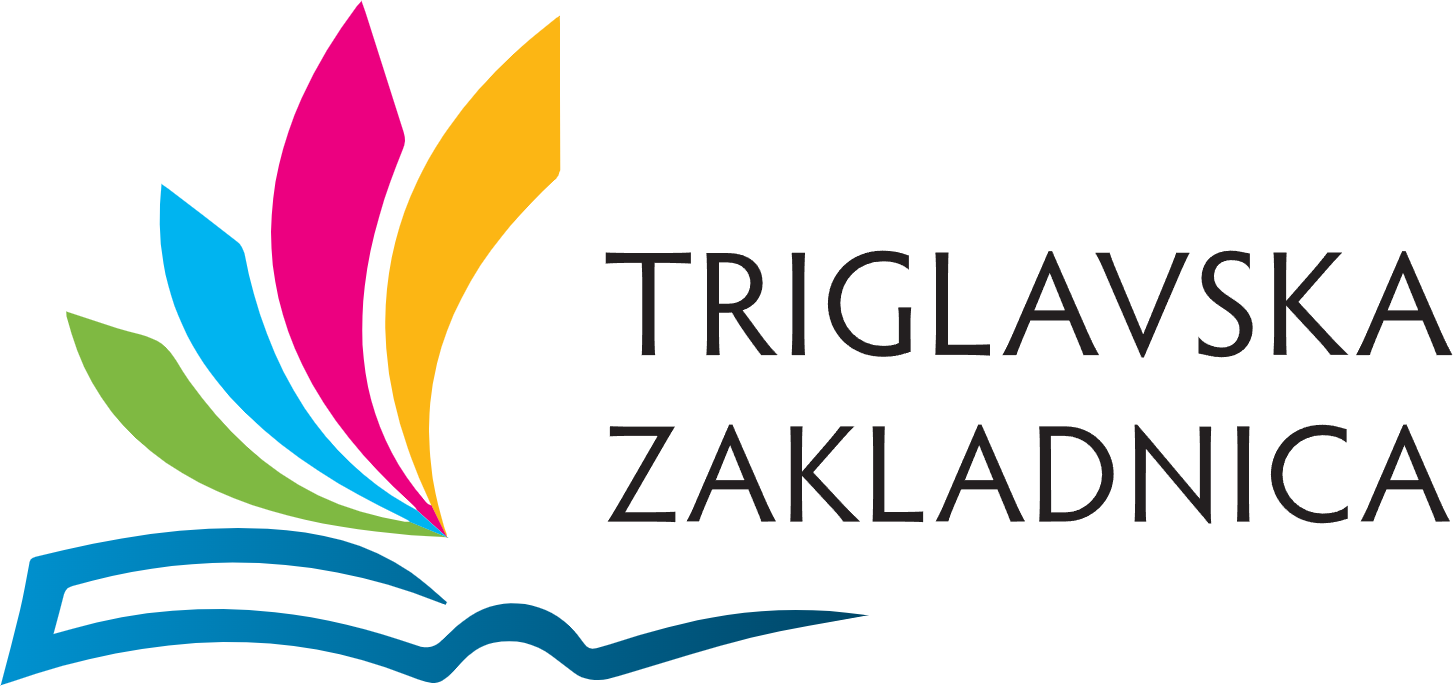Don't disturb the animals
Just as humans need their rest and sleep, so does nature and the animals in it. In winter, nature rests, so let's not disturb the animals.
Moved by nature
The message of the animated film Moved by nature is that sustainable mobility is important for nature conservation. The Goat, the Sheep and the Chickadee show us how to travel smartly and comfortably, and how to experience the nature that surrounds us. The story is set in the Julian Alps, but such sustainability is possible almost everywhere.
The Triglav National Park, because of its uniqueness and inimitability, requires a respectful guest. Less noise, less metal, a lower carbon footprint - all this means more clean air and an abundance of peace. Whether on foot, by bike, by bus or by train, make your trip through the valleys and over the passes of the Julian Alps more enjoyable. We therefore recommend you make use of the many eco-friendly mobility options.
One with a diverse nature
As visitors to nature, we are everywhere just guests! *
Nature is like a patient teacher who unselfishly reveals her treasures, if only we can appreciate their uniqueness. It is therefore very important that we know how to behave in a natural environment.
Sometimes things go wrong... You can see what all our indigenous heroes have done in this project's educational cartoon for all those who love to visit nature.
Just don't be a sheep!
The three main characters: a Dresden goat, a Bovec sheep and a Bohinj sheep go on a trip to the Julian Alps. The playful sheep always gets into trouble - but what will it do this time? Will the friends manage to reach the top in the end?
The animated film is a sequel to the cartoon about sustainable mobility, Let Nature Take You.
A path through diversity - The Juliana Walking Trail
The heroes of a new animated film - the indigenous breeds of domestic animals: the Bohinj sheep, the Bovec sheep and the Dřežnice goat - are back in a new story with new adventures. This time, they set off at a respectful distance and in the foothills of the Julian Alps and the Triglav National Park. They are getting to know the local people, the cultural landscape and the diversity of the natural wealth. A trip around the Julian Alps is not without its playful moments, which were of course provided by the sheep. This year, treat yourself to a stage.
Invasive non-native species
According to the currently available data, 24 non-native plant species are present in the Triglav National Park. Some of them are highly invasive and occur in many locations.
You can find out more about invasive species on the Triglav National Park website under the Invasive species tab.
Climate change is also contributing to the accelerating spread of non-native species. Changes are reflected in a warmer climate, altered rainfall patterns and more frequent extreme events such as windstorms, ice storms, floods and droughts. The different ecological conditions can make it even easier for non-native species to spread, become invasive and outcompete native species in a new environment. The best way to successfully prevent the spread of these species is through prevention, or awareness-raising and education.
To this end, the Triglav National Park Public Institute has produced an educational animated film that presents non-native species and their impact on the surrounding area in an entertaining way.
Together with familiar characters, we explore some of the most widespread invasive plants and animals in our country.
An animated film and workshops on non-native species will be part of the climate change-related content to be prepared for the Community of Schools of the Julian Alps Biosphere Region in autumn 2020.
Visit the mountains in winter!
NO pyrotechnics!
Green Infrastructure
In an idyllic rural neighborhood, peaceful life is disrupted when the new neighbor, Oskar, builds a modern house and creates a sterile environment devoid of life. Despite his desire to attract birds, his modern approaches fail, while the neighboring garden is teeming with life. With the help of Cow, Goat, and Sheep, who show him the importance of preserving trees, natural diversity, and green infrastructure, Oskar transforms his garden into a flourishing oasis full of animals.
The FRACTAL project (FosteRing green infrAstruCTure in the ALps) is co-funded by the European Union’s Interreg Alpine Space programme.




Thank you.

